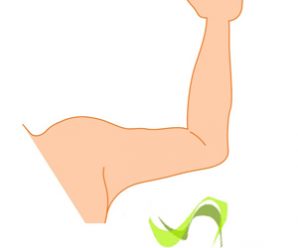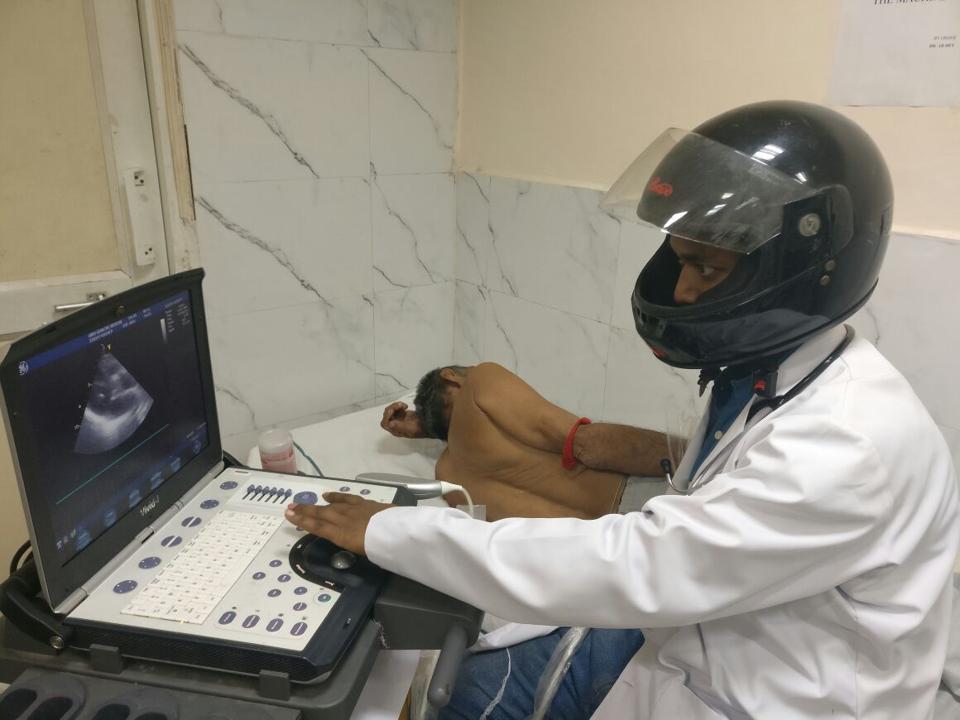What Digital Age Youth is really struggling with in 2018?

“My internet was down for 5 minutes, so I went downstairs and spoke to my family. They seem like nice people” -Anonymous
Probably an exaggeration. Surely it is. Still the ironical reality the above statement presents is no less evident in estimating the nature and magnitude of issues young generation is facing. Even greater tragedy is that most people don’t consider it to be a problem unless it presents with a mental disorder. As Zig Zigler said-‘The first step in solving a problem is acknowledging that it does exist.’ If we are denying or ignoring it, we definitely are not going to resolve it. Given the immense life stressors in transition from a young teen to a matured adult, it should come of no surprise the reason why mental health is a very important issue in teens and young adults.
The relationship between social medias and young generation is very intimate. Many people spend more time daily on social medias than they do with their family members and even their friends apart from professional encounters. The ubiquity of sites like Facebook, YouTube and instragram along with the widespread use of smartphones is no longer a mystery.
While social media may allow you to project a positive image of yourself to the world, you in turn have to consume a huge amount of extensively finetuned and polished content for yourself. This inevitably leads you to compare yourself with the world and since each one of us operate in very different time frame in our lives, such comparison ultimately results in disappointment, frustration and unhappiness. It may come in any form ranging from a profile picture update from your friend to the envious lifestyle of your beloved You Tuber, vlogger or a celebrity.
One of the worst thing social media and internet in overall does is it persuades people to rush them onto other people’s timelines. Although people of same age groups usually become friends but this in any way doesn’t mean that they are just the same. No two people are exactly similar in any means possible worthy of comparison like a brand new product in market. So it’s an insult you do to yourself and your life if you are comparing yourself with others. Every moment you spend wishing to live someone else’s life, you fail to appreciate and acknowledge by showing gratitude to what is truly yours. As author and pastor Steve Furtick rightly said- “The reason we struggle with insecurity and inferiority complex is because we compare our behind-the-scenes with everyone else’s highlight reel.”
“Nothing is perfect”. We had been hearing it since our early childhood but have we ever literally pondered upon it? The TV channels, advertisement, internet, newspapers, magazines and movies are among the major players in moulding any belief in any community. On one hand the media projects all the perfectionism in terms ranging from perfect body to perfect lifestyle, mostly through the aid of celebrities which makes it very difficult for a teenager or a young adult to appreciate or at least accept his or her imperfections. He or she would constantly compare himself or herself with the image of a standard flawless man or impeccable woman he or she just had been compelled to picture. And since the so called standards of ideal version is so high, the pressure to keep up with the image and often failure to do so is very damaging to the person.
Along with that the way media glorifies the use of smoking, alcohol and even substance abuse is simply commendable. In addition it is constantly associated with masculinity, success, happiness, extroversion, popularity and many excessively desirable traits which make it irresistible for someone with crude mind to try and experience it once and gain the same high or pleasure of instant gratification. It is natural to desire pleasure and fun but as said by Shewtabh Gangwar- “Fun should be approached with a responsibility of self-control. Fun, by definition is meant to be an enjoyable experience not a regretful action or start of an addiction. ”Not to mention the promotion and glorification of hate speech, profanity and porn culturein every possible forms by the media and internet in this digital era. And since all of the peers too reside in the same community, their naïve brain would not have a much difference opinion and giving in to peer pressure most certainly means giving in to momentary happiness and mediocrity.
On the other hand, the media sells what is being purchased or being consumed by the mass. That is one big reason why there are so many negative news than the positive ones. If a bus reaches to its destination safely, then it’s not an issue but if the same bus gets in an accident with death of many passengers, it would be a headline for tomorrow. One might argue that the news are just showing the reality of the world but could you imagine the impact it has on the mental health of the young people?
Murder, rape, kidnapping, extortion, suicide, violence……..the list is literally endless. Obviously knowing what is happening in the world is good, even preferable but are we really getting to benefit from the news that we just heard byreshapingour actions in accordance to it? Just make a list of ten most recent headlines you consumed in any form and ponder for a few minutes what you would do differently in your life without those information.
In most cases the answer is: ‘Absolutely nothing’. In addition, it most certainly threatens your peace of mind. From the Maslow hierarchy of needs, if you’re constantly worried about physiological and safety needs as conveyed to you by media then you certainly wouldn’t be performing with higher levels of actions needed for self-esteem and self- actualization. It’s a tragedy to see that even after 7 decades of integration of mental health as a vital part of health in the most basic definition of health by WHO, we are not as much concerned about diet to our mind as we are with balanced diet to our body.
Stoicism explains this splendidly by urging people to focus on those aspects of their life that they can control and learning to accept what they can’t which is also one of the six pillars of self-esteem as stated by Canadian-American psychotherapist Nathaniel Branden in his book ‘The Six Pillars of Self Esteem’ . In regard to stoicism in his books ‘Enchiridion of Epictetus’, the stoic philosopher author states regarding dichotomy of control: ‘Some things are within our power, while others are not. Within our power are opinion, motivation, desire, aversion, and, in a word, whatever is of our own doing; not within our power are our body, our property, reputation, office, and, in a word, whatever is not of our own doing.’
For many people bullying in any form including cyberbullying provides immense sense of accomplishment and satisfaction. It facilitates to mask their own imperfections for a time being and just act cool with a mirage of self-gratification and superior authority. Whether it is bullying in schools or
colleges or body shaming for the sake of momentary entertainment, each and every such actions perfectly illustrate the inability of people to internalize the diversity and true reality of human beings. In his bestselling book ‘The Six Pillars of Self-Esteem’, Dr. Branden also known as the father of self-esteem movement states: ‘It would be hard to name a more certain sign of poor self-esteem than the need to perceive some other group as inferior.’
Teenagers and young adults are especially vulnerable to addiction. Since it is a time of major transition of change both internal and external status, inability to cope up with life changes and stressors would result in addiction in many forms. Internet and friends would have much more impact on customizing his/her life than any other factors combined. Anything in excess like food, alcohol, drugs, TV shows, porn, masturbation, video games have the potential of turning into addiction and hijacking the normal
reward circuit of the brain interfering with the release of neurotransmitters like dopamine which are the chemicals in the brain for reward and pleasure. And since the brain adapts to the massive release of chemicals fast, more and more intense stimulation is needed for the same level of pleasure. Ultimately any activity besides the addiction would be boring, dull, lifeless and uninteresting since normal daily routine activities cannot compete with the euphoria or high feeling granted by the indulgence to the
addiction.
Albert Einstein said- “The measure of intelligence is the ability to change”. The ability to adapt quickly to the changes happening in your body, your family, your country and your life are the most important character trait you can add on in this phase of life. Easier said than done but once integrated through personal growth and effort it would become a lifelong asset and gives you a competitive edge in every aspect of your life. As Dr. Spencer Johnson states in his international bestseller ‘Who moved my cheese? – An Amazing way to deal with change in your work and your life’, “Change happens when the pain of holding on becomes greater than the fear of letting go”. It is very true with relationships and habit of chasing people for friendship and relationship compromising your self-esteem, self-worth and
peace of mind. If it sounds familiar to you then it’s never too late to change since your past mistakes are there to guide you and never to define you. Many times letting go of the things is the best thing you could ever do to your mental well-being. Bless yourself the art of forgiveness. Just let go






